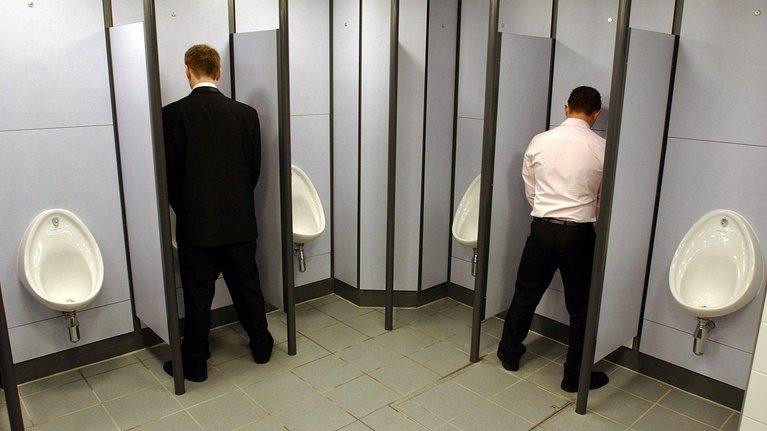Public toilets: From toilet to tiny Newport theatre
- Published
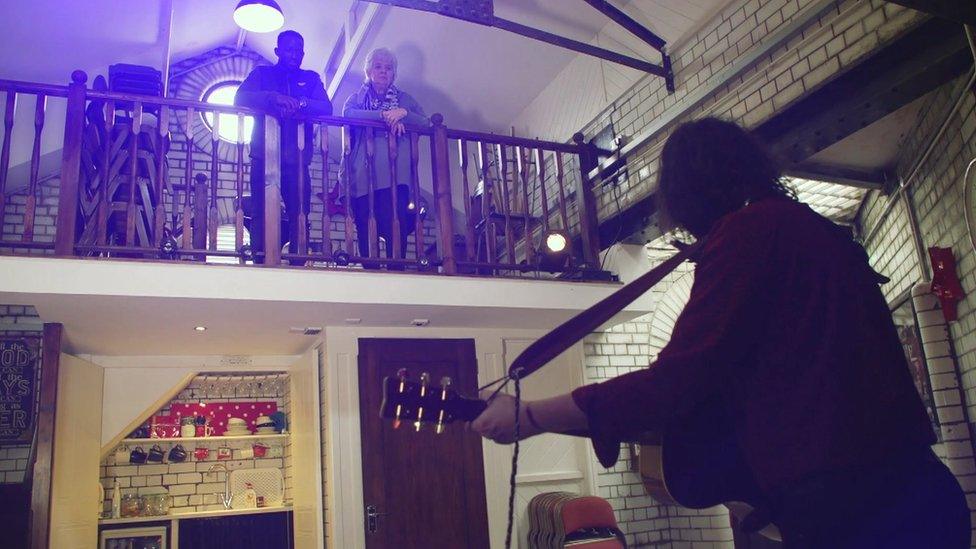
Janet Martin watches a performance at the theatre she created inside a former public toilet
When Janet Martin spent £70,000 buying an old public loo with dreams of making it a tiny theatre, she knew she wasn't throwing money down the toilet.
This was more than spending pennies for the art-loving former nurse: Janet, 67, wanted to feel "energised" and give something to a community that is ranked as one of Wales' most deprived.
Comedians, singers, bands and poets are among the acts who now perform in one of the UK's smallest venues - more compact than many living rooms.
"I can't wait to get up every day, that is better than some fancy salary to me," said Janet.
One of the hundreds of former public conveniences sold off by cash-strapped councils across the UK every year - Janet's theatre is no bog-standard toilet transformation.
BBC Homes Under the Hammer property expert Martin Roberts isn't surprised developers are having a 'lav affair' with former toilet blocks because they have many attractions for savvy investors.
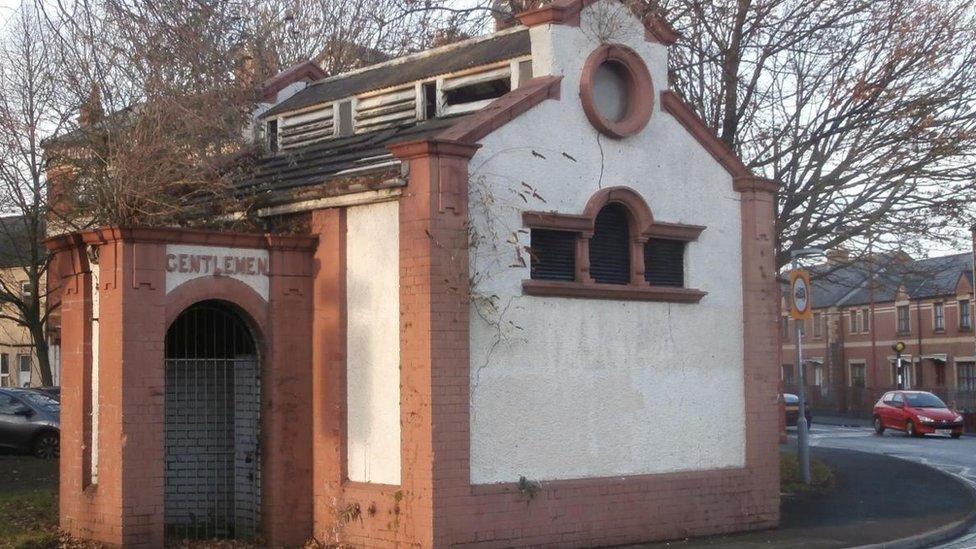
The derelict gentlemen's convenience was considered an eyesore by some Newport residents
Campaigners, though, say there is a crisis in public lavatory provision with "unprecedented low levels", as many local authorities try save money to cope with funding cuts.
Many disused public toilets have been turned into swanky bars, hip coffee shops or cosy homes; one former public toilet in a trendy area of London sold for more than £1m, external.
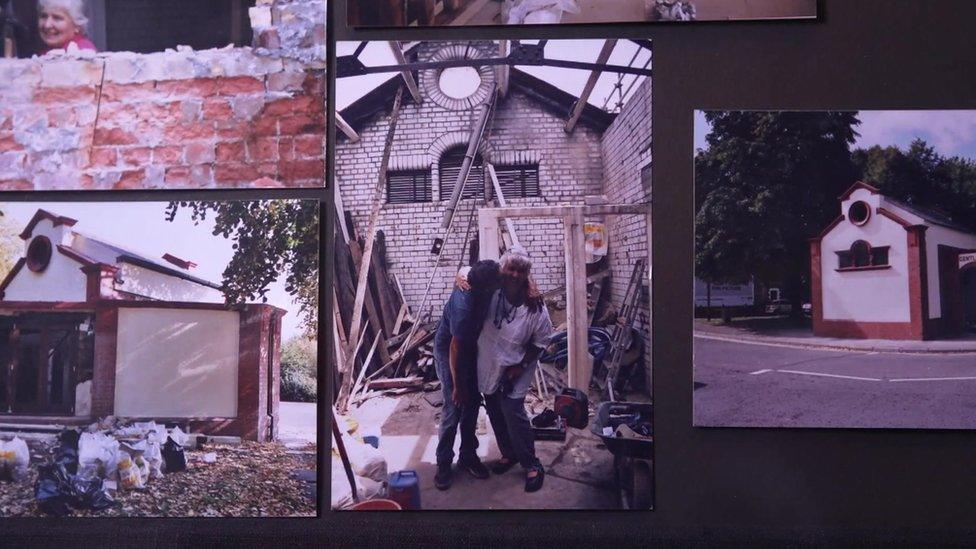
Janet spent a year and £55,000 revamping the Edwardian public toilet in Newport
Janet fell in love with the "beautiful" Edwardian Grade-II listed building in south Wales and felt it was an "eyesore" going to waste. So she splashed out £15,000 - £11,000 over guide price - to buy it from Newport council.
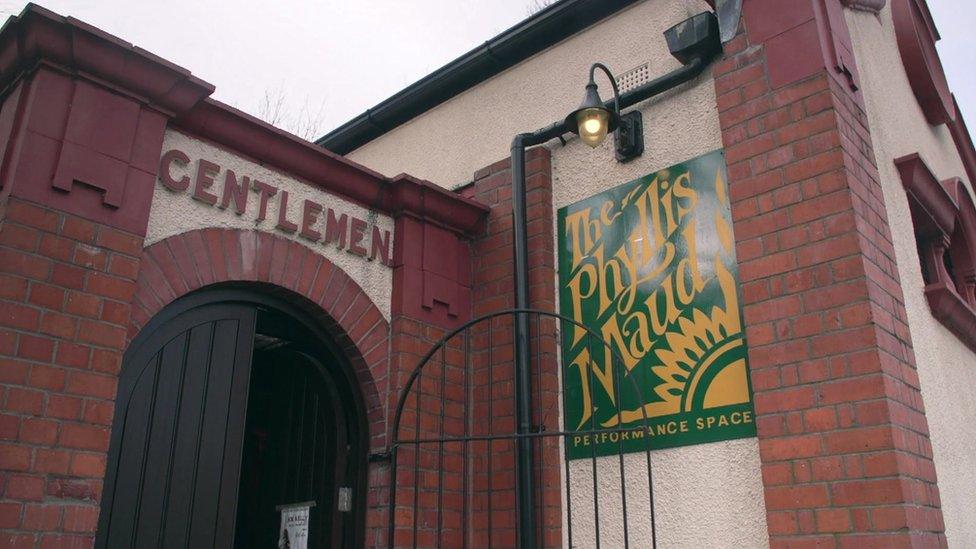
Janet named her theatre after her old auntie who left her money to buy the building
She plunged £55,000 into revamping the derelict gentleman's convenience in the Pill area of the city, transforming it into the Phyllis Maud Performance Space, named after her aunt, who died in 2017 aged 96.
She told the BBC's X-Ray programme that it had had no roof when she purchased it and had been in a state of disrepair for 10 years.
"I did have to spend an awful lot of money to get to this point: now it's the smallest performance space in Wales."
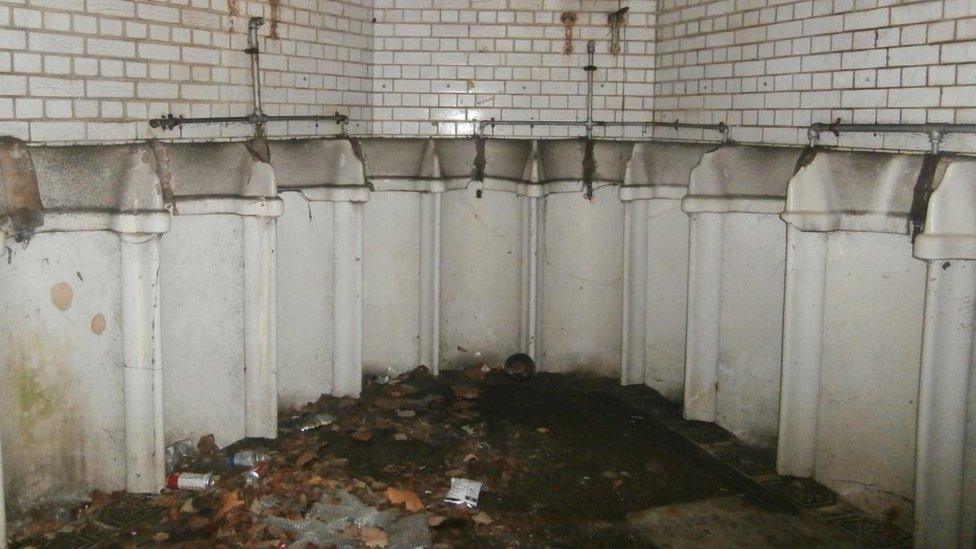
The good news for Janet was that the toilets in Pill had a water supply and plumbing
Janet's outhouse overhaul took about a year to complete. The 35-seat capacity, 600 sqft (55 sqm) venue opened in 2019 and is used regularly by entertainers and community groups.
"I can't wait to get up every day... to get up and feel energised," she said. "That's how I want it to stay."
The high price of property in London is making toilet conversions attractive
A pocket-sized stage and a subterranean studio flat underneath a London street are among the more elaborate examples of toilet makeovers.
'Best view I've had from a toilet'
On the other side of Newport from Janet's theatre is a convenience-cum-cafe on top of a ridge that has panoramic views over a nature reserve and rolling Welsh hills.
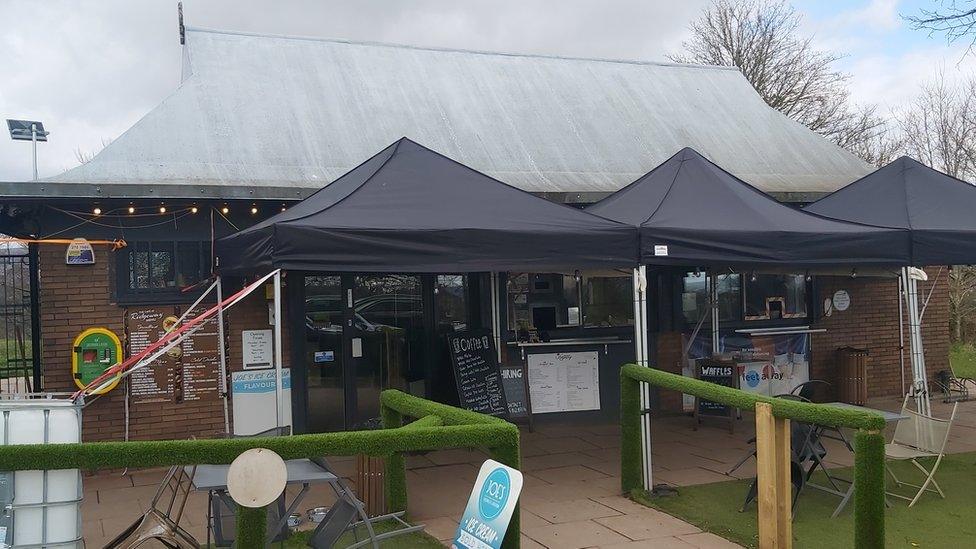
From lavs to lattes: The Ridgeway Cafe overlooks the Welsh hills
"This is probably the best view I've had from a toilet block in my entire life," said one customer.
About £160,000 was spent on converting the old loos at Ridgeway into a coffee shop about the size of five car parking spaces. It is currently being extended to seat 75 people to serving a growing clientele.
"It's been transformed into something that's been used," said John Lavender, the former pub landlord who runs the Ridgeway Cafe, which opened in 2015.
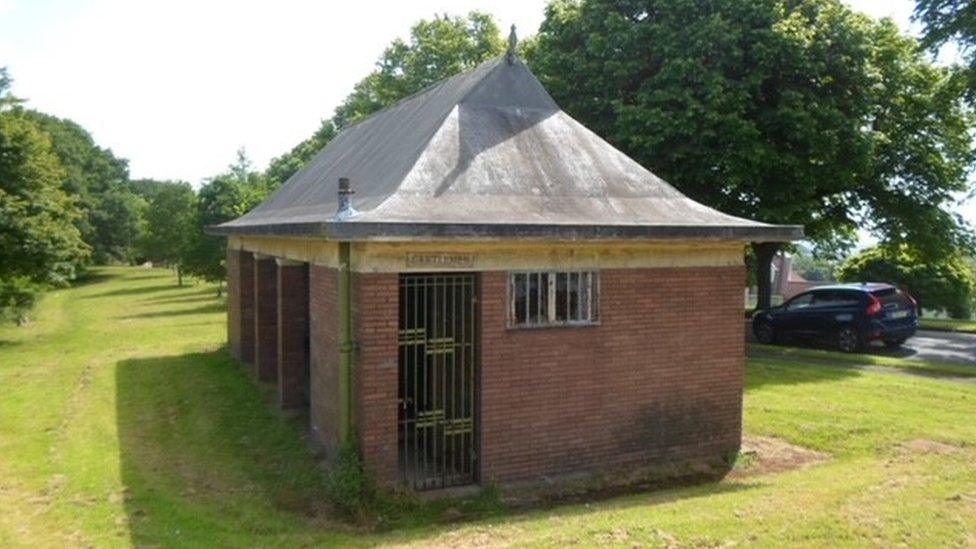
The old public WC in the Ridgeway area above Newport had been shut for years
"It's a destination, it's good for the locals, everyone's a winner - and there's plenty of fresh air."
Loo-cation, loo-cation, loo-cation...
So why have some developers been bursting to convert old loos?
"You've definitely got that three word thing and that's location, location, location," said Martin Roberts, who has presented hit BBC show Homes Under The Hammer for almost 20 years.
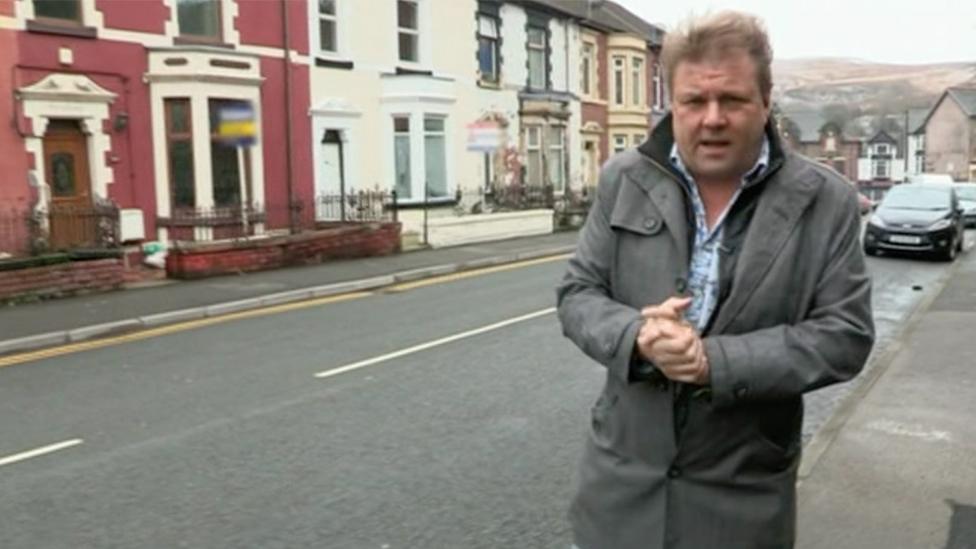
Martin Roberts, one of TV's best known property faces, is a presenter on BBC's Homes Under The Hammer
"They're generally where people will be, in extraordinarily brilliant locations - and in places where you would never get planning permission for a new building.
"So people get creative and use a bit of ingenuity and look at what that space could be.
"At first glance, it's a completely bonkers idea - but if you can get over the fact they were previously a toilet, the sky can be the limit - and I've seen some extraordinary transformations."
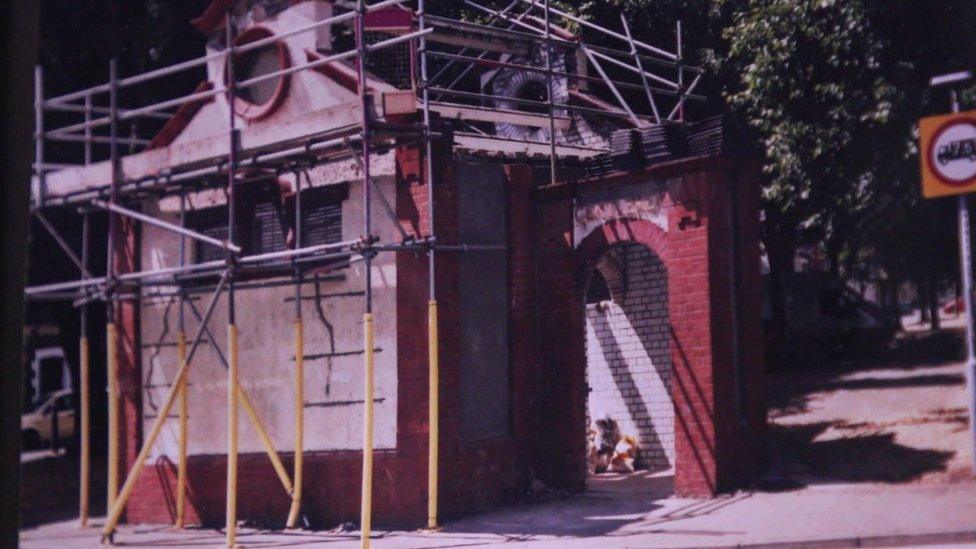
Janet wanted to revamp the old toilet to give a boost to the local community near Newport's docks
But the "lovely and ornate" restrooms restyled by Janet were a tricky sell for auctioneer Paul Fosh, as the building's historic listed status meant restrictions to any renovations - and there was no outside space.
Urban regeneration lift
Its final act as a mini-theatre is a "great idea", according to Martin, creating "some urban regeneration which has has helped lift an area".
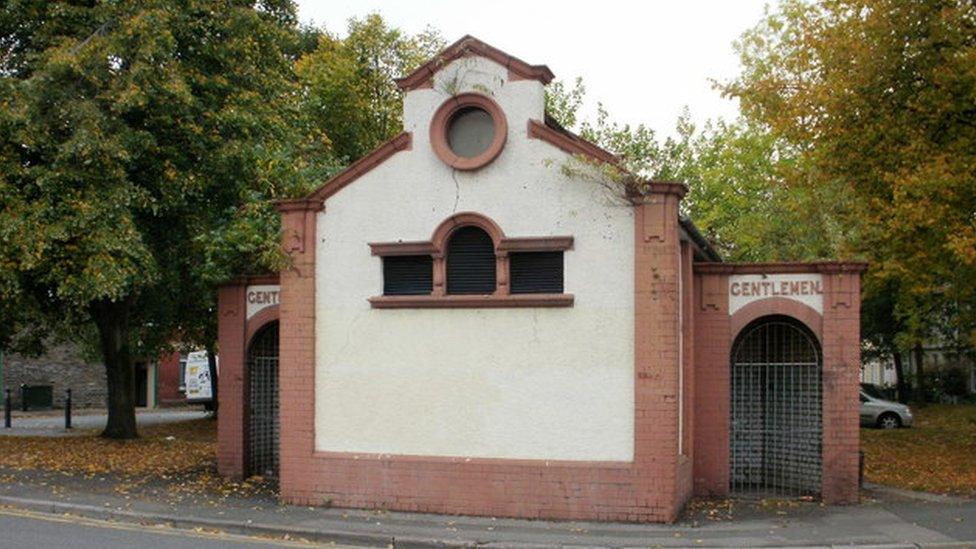
Welsh heritage body Cadw gave the old Edwardian toilets listed status
Recent years have seen property developers feeling flush and spending big, with one toilet block near Janet's theatre going for five times its £15,000 guide price, external.
"If you bought a nearby retail unit with the same square footage, it would have cost a little bit more, so you could argue for the footprint, it wasn't expensive," said auctioneer Paul, who sold the public convenience for £75,000.
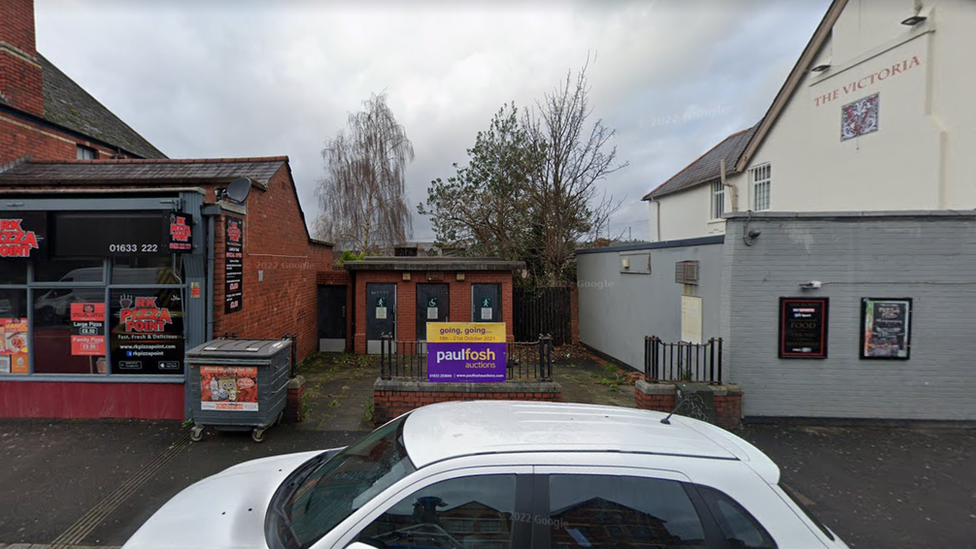
No chain! This toilet block near a row of shops on one of the main roads into Newport city centre attracted 158 bids
"Buyers are being more entrepreneurial and willing to take chances, and because of that I think old public toilets have become more expensive."
But the boom in old bathroom buys has left a "crisis" in the lack public toilet facilities as struggling councils, who have no legal requirement to provide access to public lavatories, sell off former WCs to raise money.
BBC research showed the scale of the decline in 2018 and the British Toilet Association (BTA) says authorities have a "moral responsibility" to solve a public health issue.
Had the number of public toilets maintained by your council gone up or down in 2018? Use our map below to find out.
Sorry, your browser cannot display this map
Click to launch, external the interactive map if it is not displaying properly.

"We are appalled at the total lack of funding over many years and extremely concerned at the closures and unprecedented low levels of public toilet facilities," said Raymond Martin of the BTA.
"Anyone suffering with an accessibility issue or those caring for someone who has limited mobility or a medical condition is socially excluded and potentially deemed prisoners in their own homes."
- Published17 January 2022
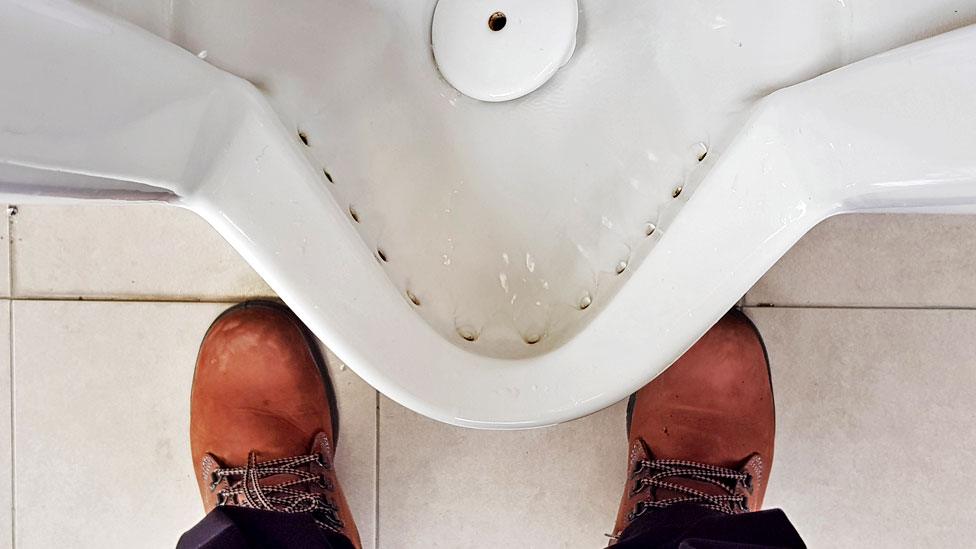
- Published19 November 2021
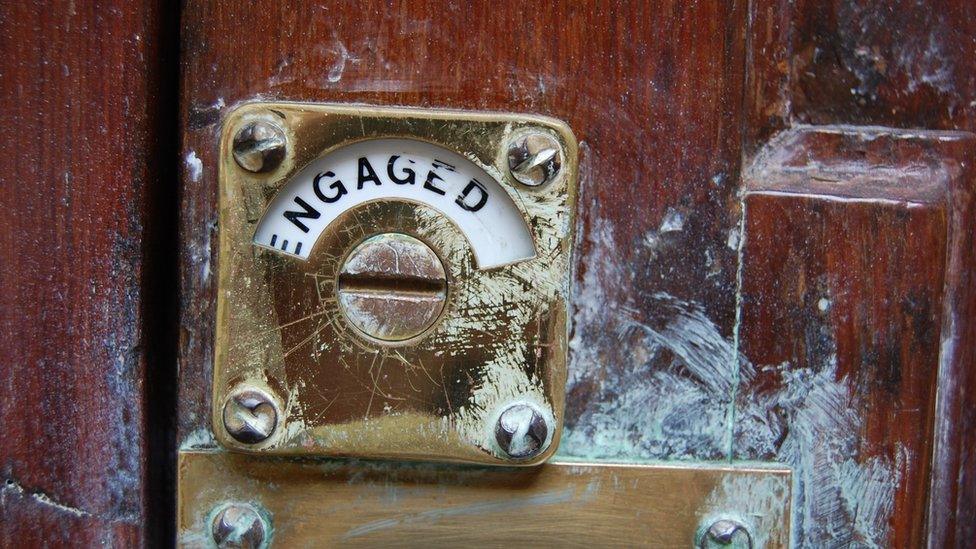
- Published10 June 2021
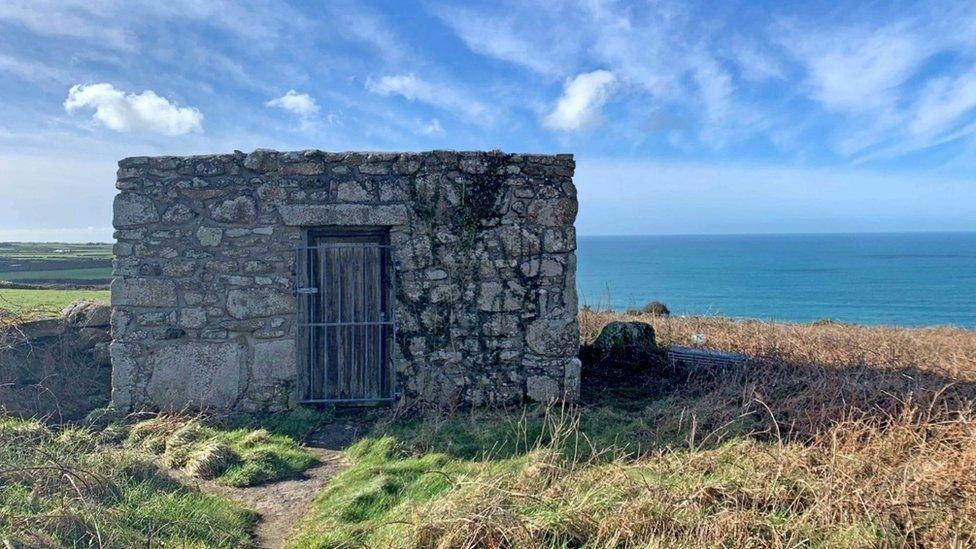
- Published30 January 2021
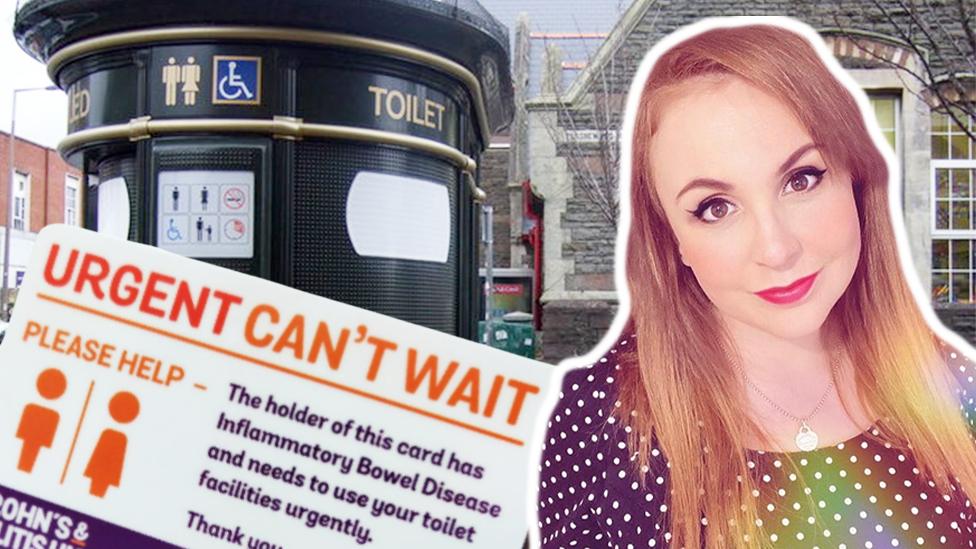
- Published7 February 2020
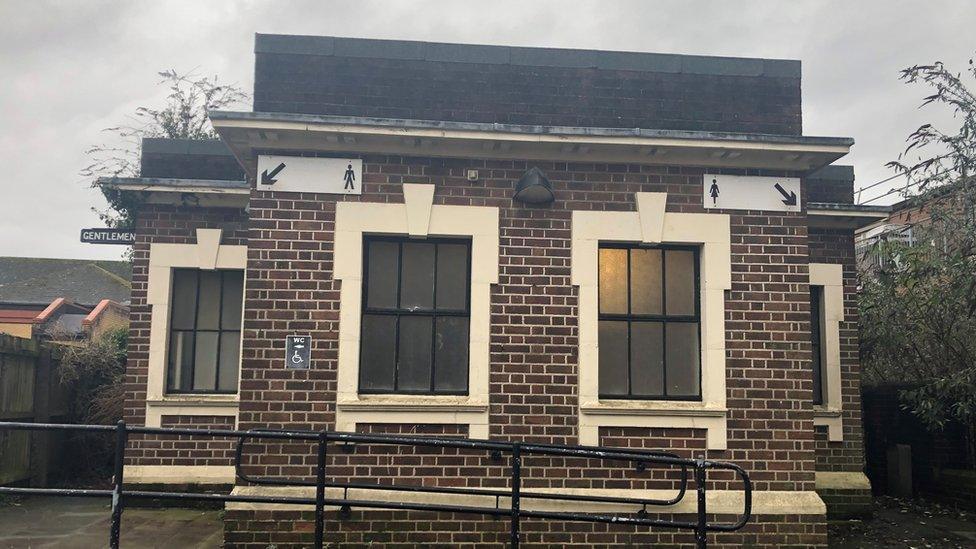
- Published10 November 2016
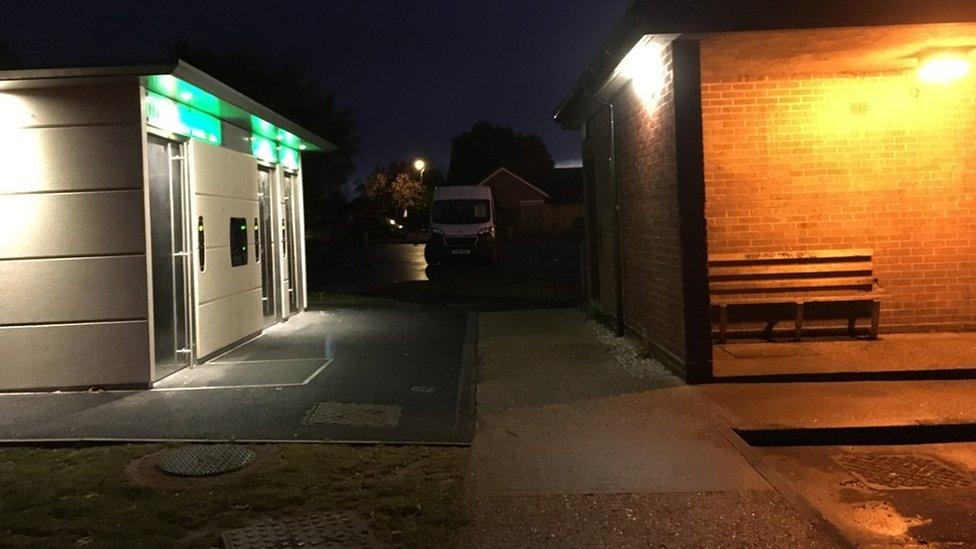
- Published25 August 2016
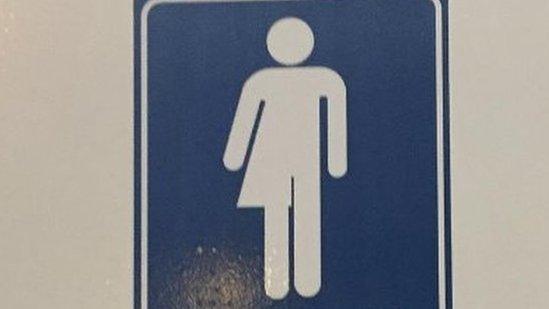
- Published31 May 2016
